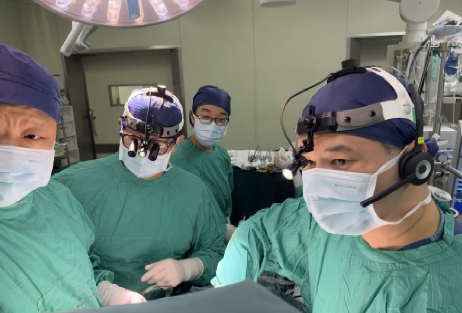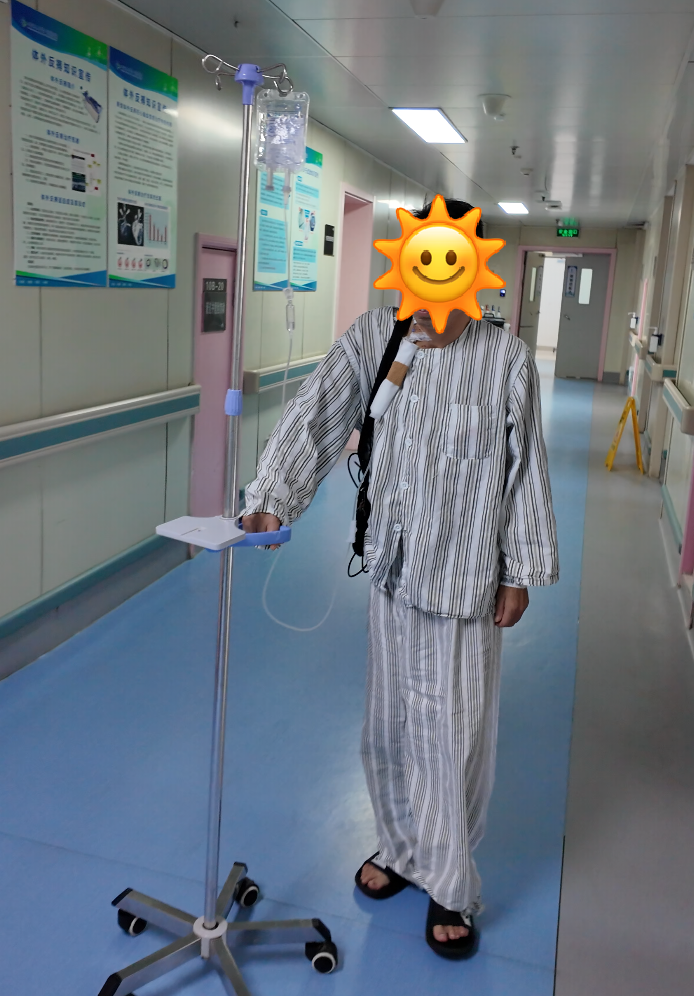Recently, the cardiovascular surgery team of the First Affiliated Hospital (FAH) of Xi’an Jiaotong University (XJTU), led by Professor Yan Yang in collaboration with Professor Keita Kikuchi from Japan, successfully performed the world’s first single-intercostal-incision minimally invasive multi-vessel coronary artery bypass combined with simultaneous ventricular septal perforation repair and ventricular aneurysm resection in a 57-year-old male patient. This groundbreaking procedure achieved three highly complex cardiac operations through a single intercostal incision, offering a new treatment option for patients with complex coronary artery disease complicated by life-threatening conditions.
According to a science and technology novelty search, state-of-the-art literature search, no similar one-stop minimally invasive surgery has been reported either domestically or internationally. The procedure has undergone systematic evaluation and recognition, with its core innovation lying in achieving surgical exposure of multiple cardiac regions via a single intercostal incision. On the basis of minimally invasive off-pump coronary artery bypass grafting, it incorporates cardiopulmonary bypass to address coronary lesions and mechanical complications simultaneously, thereby avoiding the need for staged surgeries and significantly reducing surgical trauma and risks.

The patient was admitted with a two-week history of intermittent chest tightness, dyspnea, and fatigue, and was diagnosed with coronary atherosclerotic heart disease (acute non-ST-elevation myocardial infarction), complicated by a left ventricular apical aneurysm and post-acute infarction ventricular septal perforation. Although echocardiography revealed an EF value of 58%, the patient presented with left-to-right shunting at the ventricular level, pleural effusion, and hemodynamic instability, with blood pressure dropping to 81/61 mmHg. Given the patient’s frail condition (body weight only 49.5 kg) and the complexity of the disease, traditional open-heart surgery posed an extremely high risk. Facing this challenging scenario, the medical team finally opted for a minimally invasive approach that ensured operational precision while minimizing trauma.
The surgery was jointly performed by Professor Yan Yang and Professor Keita Kikuchi. Through a small left fifth intercostal incision, the thoracic cavity was entered. While the heart remained beating, the left internal thoracic artery was harvested and a saphenous vein graft was obtained. Cardiopulmonary bypass was then established via femoral artery and vein cannulation. The right ventricle was incised, and the ventricular septal perforation was closed using a bovine pericardial patch reinforced with the “sandwich” suturing technique, while the ventricular aneurysm was resected simultaneously, successfully reconstructing the left ventricular structure. The entire surgery lasted six hours and was accomplished on a beating heart. Postoperatively, the patient’s hemodynamics improved significantly, with grafts remaining patent with satisfactory flow. Following rehabilitation, the patient made a smooth recovery and has since been discharged.
